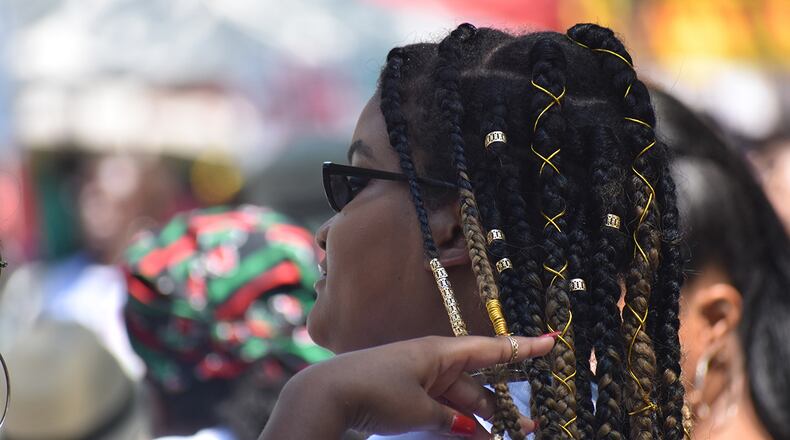The New York City Commission on Human Rights announced Monday that individuals who have been harassed, fired or otherwise punished in public spaces because of their hair or hairstyle will have legal recourse. The announcement clarifies the New York City Human Rights Law.
The New York Times reported the law applies to anyone in the city, but particularly black people, as such laws disproportionately affect them.
"While a range of hair textures are common among people of African descent, natural hair texture that is tightly-coiled or tightly-curled as well as hairstyles such as locs, cornrows, twists, braids, Bantu knots, fades, and Afros are those most closely associated with Black people," the commission said. "The decision to wear one's hair in a particular style is highly personal, and reasons behind that decision may differ for each individual."
According to the guidelines, the law now explicitly states such bans on hairstyles are illegal and discriminatory. Requirements that employees chemically relax their hair or straighten it fall in that category, for example, as well as other public spaces.
“It is no justification to prohibit natural hair or hairstyles because they are perceived to be a distraction or because of speculative health or safety concerns,” the guidelines said. “These protections extend to all users of public accommodations, including businesses such as restaurants, fitness clubs, stores, and nightclubs, and other public spaces, like parks, libraries, healthcare providers, and cultural institutions.”
Carmelyn P. Malalis, the commission chairwoman, told The Wall Street Journal the commission could seek a range of remedies for such discrimination, including up to $250,000 for willful violation of the law.
About the Author
The Latest
Featured


